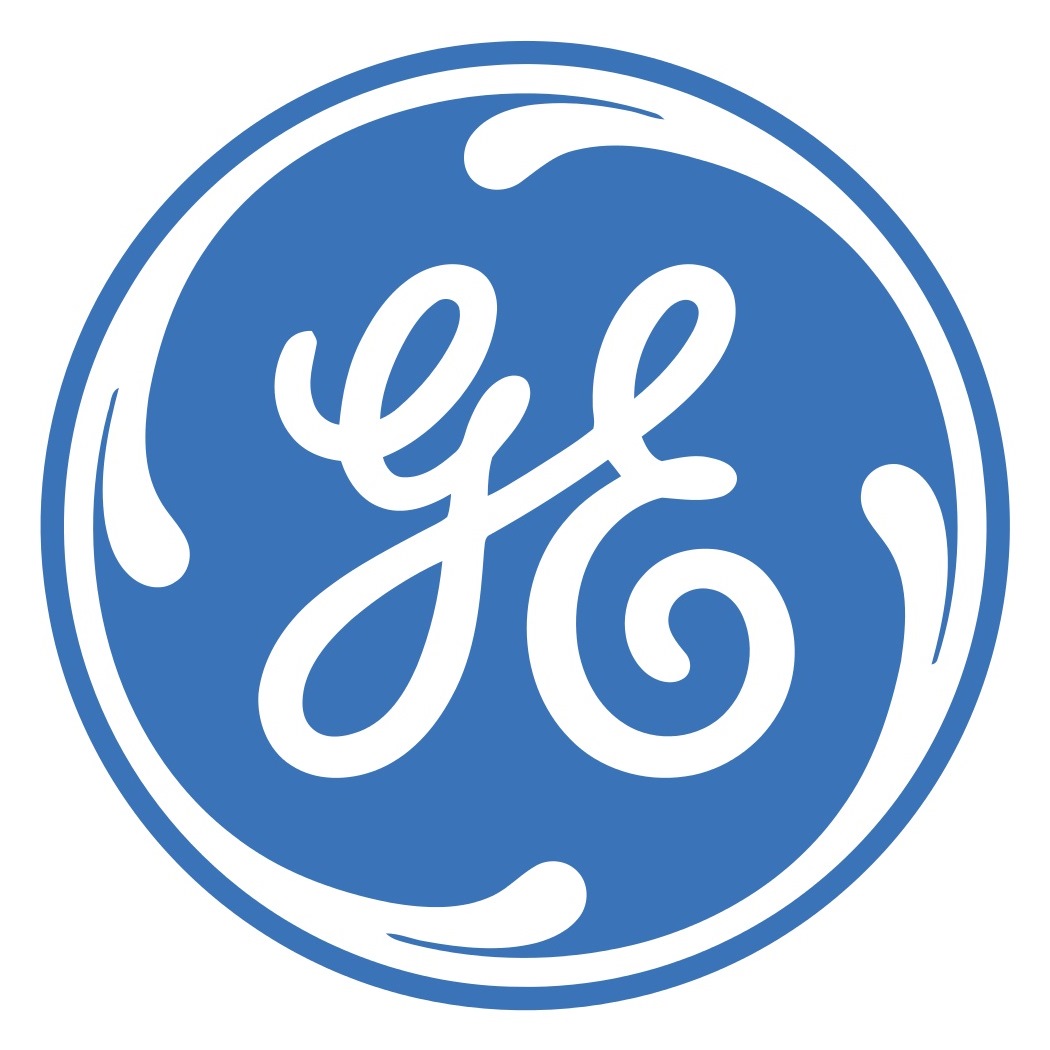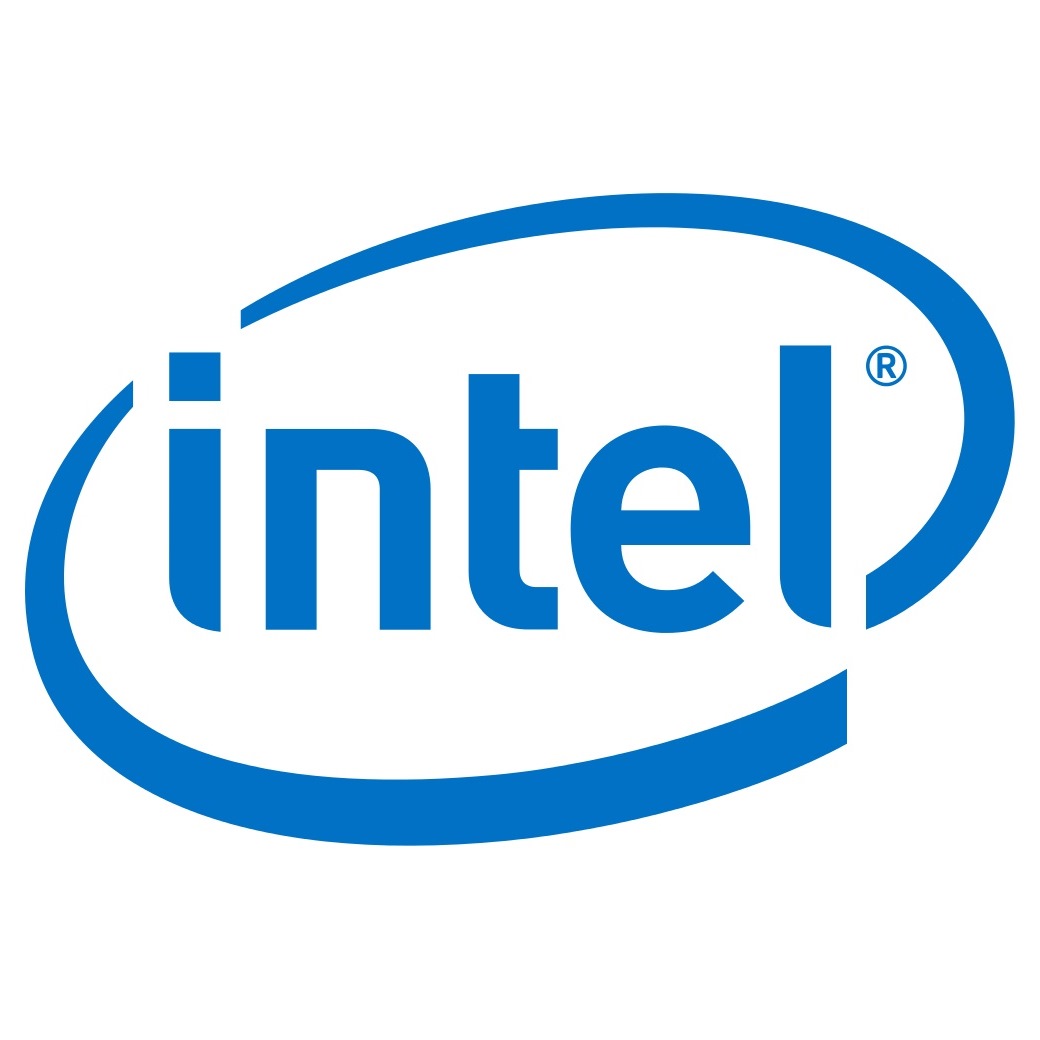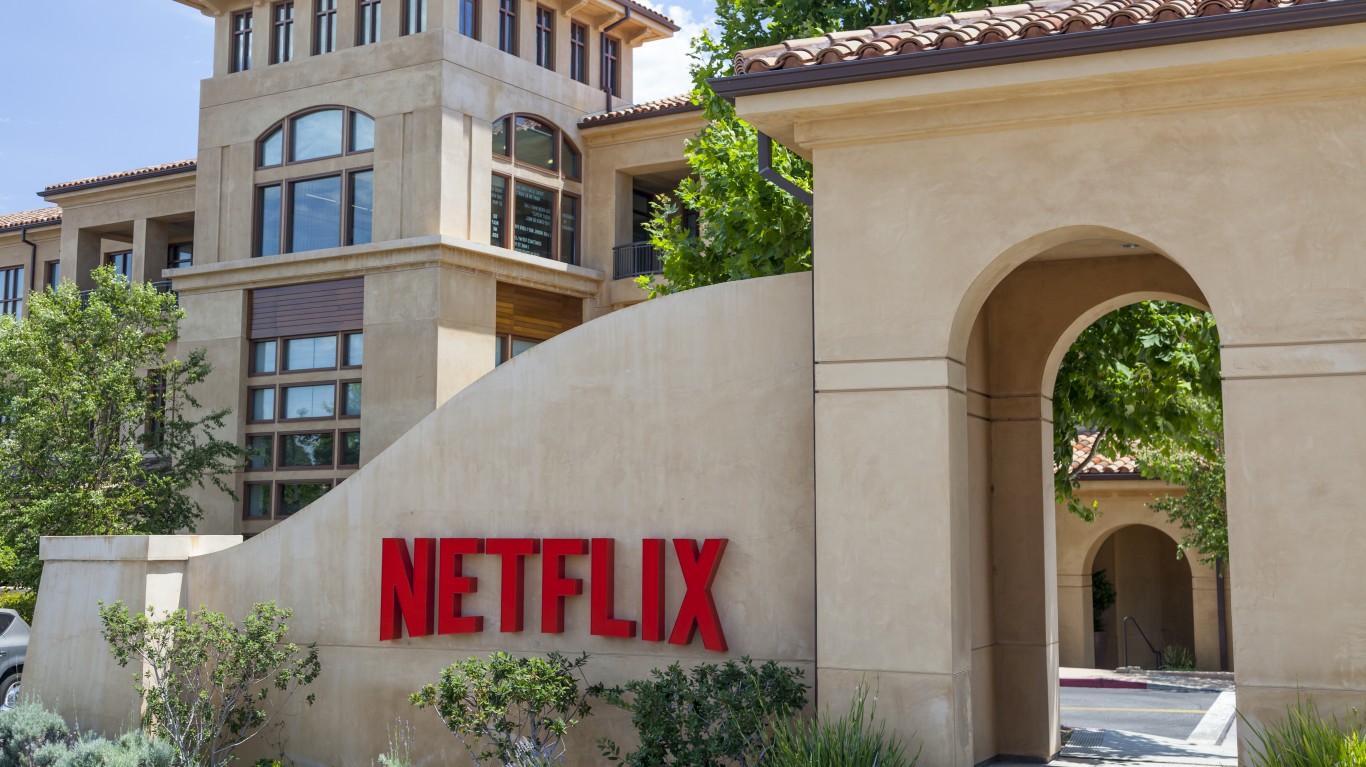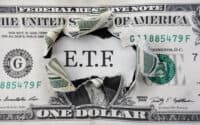
During the short week just ended, General Electric Co. (NYSE: GE) managed to post a share price gain of about 1%, but the hole the company has dug for itself is way too deep for that to make much difference.
For the first quarter of 2018, the stock has dropped about 22.8%. The second-worst Dow Jones industrial average stock so far this year is Procter & Gamble Co. (NYSE: PG), which is down 13.7%. That is followed by Exxon Mobil Corp. (NYSE: XOM), down 10.8%, DowDuPont Inc. (NYSE: DWDP), down 10.5%, and Walmart Inc. (NYSE: WMT), down 9.9%.
The Dow added just 145 points over the past week and closed at 24,103.11, up less than 1% for the short week.
The week saw GE shares bounce from a nine-year low to the stock’s best single-day gain in more than three years. The company’s market cap is now lower than that of Netflix, and investors seem to be clutching at any straw that blows by as a reason for optimism. That optimism lasts about 24 hours before evaporating.
The major source for optimism last week was a report that perhaps Warren Buffett was once again getting interested in acquiring GE stock or some of its assets. Buffett said earlier this year that he would buy shares of GE if the stock got to the right price, but that’s hardly revelatory. That’s been Buffett’s MO for decades.
Having to depend on a rumor to move the share price up is not a long-term strategy, and speculation like this, though entertaining, won’t fix GE’s troubles. There are those who believe the company will have to eliminate or at least cut the $0.12 quarterly dividend. Right now the company’s yield is 3.41%. The lower the share price goes, the higher the yield — until the house of cards comes tumbling down.
GE shares closed most recently at $13.48, in a 52-week trading range of $12.73 to $30.54. The 12-month consensus price target is $17.96, down $0.21 week over week, with the low target at $11 and the high target at $36.
Is Your Money Earning the Best Possible Rate? (Sponsor)
Let’s face it: If your money is just sitting in a checking account, you’re losing value every single day. With most checking accounts offering little to no interest, the cash you worked so hard to save is gradually being eroded by inflation.
However, by moving that money into a high-yield savings account, you can put your cash to work, growing steadily with little to no effort on your part. In just a few clicks, you can set up a high-yield savings account and start earning interest immediately.
There are plenty of reputable banks and online platforms that offer competitive rates, and many of them come with zero fees and no minimum balance requirements. Click here to see if you’re earning the best possible rate on your money!
Thank you for reading! Have some feedback for us?
Contact the 24/7 Wall St. editorial team.
 24/7 Wall St.
24/7 Wall St.


